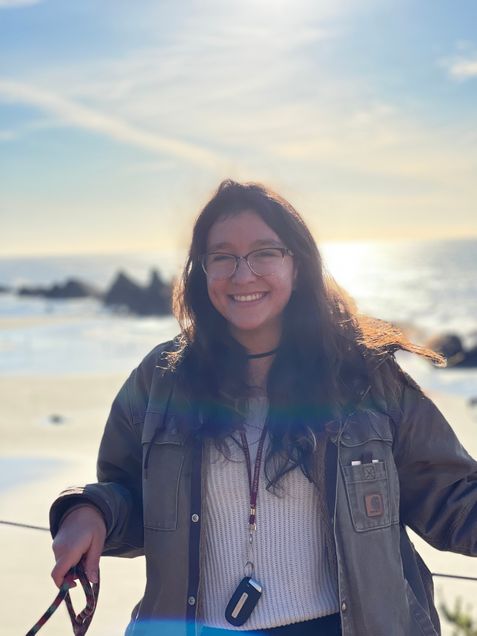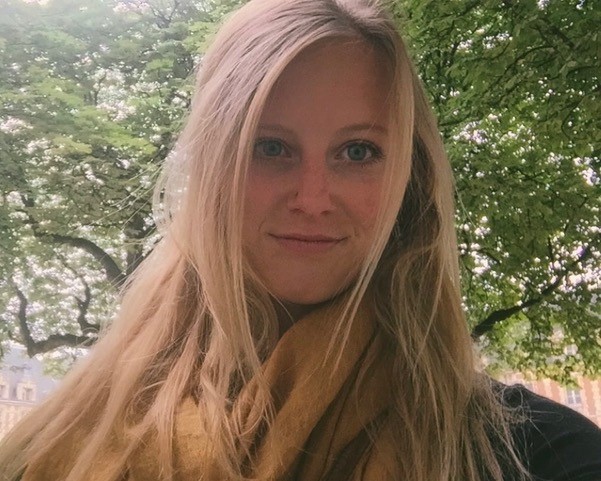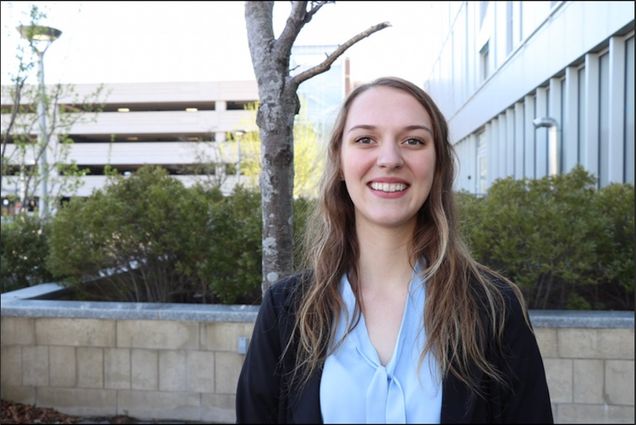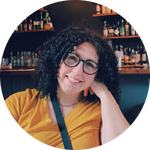Being a woman in STEM is no easy feat. Working in an industry designed by and enticing to mostly male-identifying people, women in STEM often have many barriers to overcome in order to enter and thrive in the industry. I sat down and spoke with three Boston University Graduate Colleges of Arts & Sciences (GRS) students about their experiences as women in STEM.

The journey of becoming a scientist, naturally, varies for each woman in the field. Inspired by moving around the country as a child and being exposed to a variety of environmental ecosystems, Maria Valdez Ingersoll developed a passion for nature and environmental protection. Ingersoll is a 2nd year Ph.D. candidate in Molecular Cell Biology, who came to academia because, despite having several academics in her family, she wanted to make an academic journey for herself.
“Doing a Ph.D. is allowing me to step outside of the comfort zone of being a scientist and a researcher, and being in education, to actually understanding what has allowed me to get to where I am, and what prevents other people from having the same opportunities,“ she said.

Taylor Warburton unearthed her passion for science during her undergraduate education at Virginia Tech, where she studied geosciences. After graduating, she worked in environmental consulting for a year before deciding to pursue graduate studies at BU. Working as a consultant, Warburton shared “I had lots of projects involving renewable energy and environmental concerns, so I wanted to get more into the energy side of things.”
After researching several schools and programs, Warburton decided that the MS in Energy and Environment offered by BU was the best fit for her, and she is confident that she made the right decision.

On the flip side, some women just stumble into their dream careers.
“I kind of just got lucky as an undergrad. There was an internship listing in the spatial analysis lab at Vermont and the internship title was ‘Drone Pilot Intern’ or something really catchy like that, and I thought ‘oh my gosh, that sounds really cool.’ I had never even flown a drone for fun before, but I thought I’m gonna apply and just see what happens. I got the internship and I just fell in love with flying drones for environmental science,” said Maddie Hayes, an MS student in Remote Sensing and Geospatial Sciences.
Regardless of what led these women to their careers as scientists, each of them has shared experience of being a woman in a field dominated by men. Ingersoll shared the most common obstacle she has faced in the field is not being taken seriously as a scientist in her day-to-day life, even though people know she is getting her Ph.D. in the subject.
All three women echoed the sentiment of believing in yourselves when asked what their biggest advice would be to other women interested in entering the field.
“You belong where you are because you’ve gotten to where you are, and that is proof enough,” Ingersoll said.
“I think that it’s very common just for people not to take the opportunity because they are a little bit scared. I think it’s really good for your confidence to just go for it and believe you can do it,” Warburton shared.
Hayes shared that many women leave the field because they start to feel discouraged and may not have anyone to stick up for them. She encouraged her fellow woman-identifying scientists to find a mentor to offer support, guidance, and reassurance when needed.
“I feel like a lot of the time women in these fields know, of course, that there is a disparity so they are more than happy to help out people who are just starting out in those fields,” she said.
Ingersoll shared a powerful hope for the future of women in science:
“We can’t just finish when we have 50/50 men and women, we have to make sure that we increase diversity across the entire spectrum. What I hope to see and hope to contribute to is really increasing that diversity, and not just diversity in race and gender and sexuality, but background. Make sure we’re promoting low-income students from all backgrounds. Make sure we’re giving people with disabilities the same support that we’re giving able-bodied people. And I really think that we can’t achieve equality and equity without bringing everybody along.”
To hear more of these women’s stories, check out the full interview transcriptions below. And remember to support the women in STEM in your community.
Maria Valdez Ingersoll, Ph.D. Candidate in Molecular Cell Biology
Taylor Warburton, MS in Energy & Environment
Maddie Hayes, MS in Remote Sensing and Geospatial Sciences
—
About the Author:

Virginia (Ginger) Monroe
Marketing & Communication Assistant, GRS
Master’s Candidate, Theological Studies